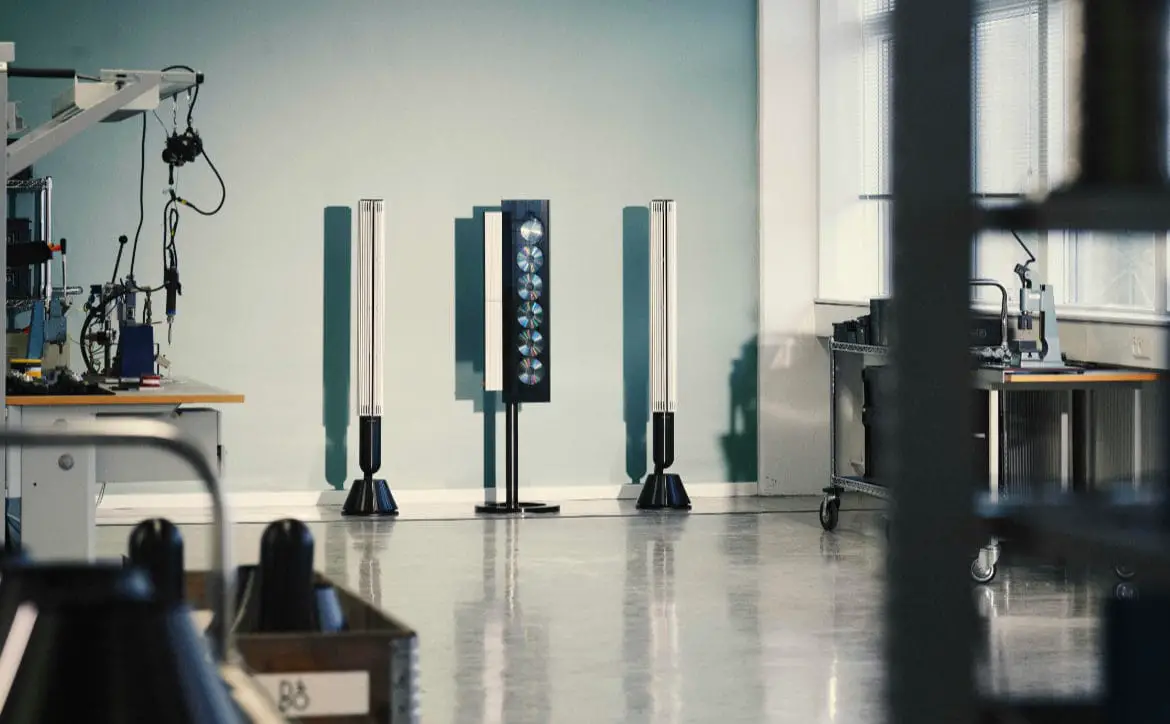One of the most important discussions that have gained momentum in the United States is healthcare. Politically, socially and economically, healthcare has made its way into many conversations due to its increasing price tag. Part of the reason for the steepening cost of healthcare is technology — with more innovations, prices will rise.
The need for affordable healthcare has never been greater. Many individuals in the U.S. are without insurance and, therefore, without proper care. As this disparity continues to grow, some try to find ways to get coverage. If the costs keep increasing, though, individuals will continue to ask if tech is worth it in healthcare.
Tech in Healthcare
Technology advancements come about every day all over the world. You may have seen many of these innovations drive societies forward. However, in the U.S., the healthcare industry isn’t a level playing field. Due to the high prices of insurance and the costs of treatments, technology has made healthcare unaffordable for some. This dynamic requires a country-wide change on a political level. If that doesn’t happen, though, healthcare costs will continue to rise.
First, it’s crucial to take a look at technology in the field. Technology accounts for a 40% to 50% annual cost increase in the industry, but what innovations make up those percentages?
Medical technology is one of the most significant aspects of the field. Things like magnetic resonance imaging (MR) or computed tomography (CT) scans have been around for some time now. These prices will increase but are a standard for care. Newer technology, like robotics surgery, is what drives costs upwards more. Additionally, telemedicine is now becoming a central focus of the industry.
Tech pricing for healthcare comprises of smaller aspects that add up, too. For instance, the Affordable Care Act (ACA) includes a medical device tax. This fee means that tech companies have to pay taxes on medical devices, leading to an increase in pricing. A situation like this one requires taking steps for ACA compliance to stay ahead in the industry.
Last, you can consider medicine itself as technology. Since science and tech go hand-in-hand, new treatments or vaccines also are part of the increasing healthcare costs. These dynamics are the reason that prices rise — but what happens afterward?

Tech and the Uninsured
One of the most pressing issues in the U.S., perhaps now more than ever, is the percentage of uninsured Americans across the country. If healthcare prices continue to rise because of tech, insurance may become too expensive for some. For others, it has already reached that level. The individuals who can’t afford health insurance most likely won’t be able to pay for out-of-pocket expenses for treatments either. These effects are what come from the tech-driven price increases.
As of 2018, almost 28 million Americans were uninsured — a number equivalent to around 8.5% of the U.S. population. If tech continues to hike prices, this number may increase.
You can invest in health insurance in several ways. First, through Medicare and Medicaid. These programs are typically for senior citizens and those with limited resources and finances. Plus, private insurance companies cover a large portion of Americans. These organizations have various plans and levels that citizens can pay for monthly. You can sometimes receive health insurance through your workplace, too, if it offers it. However, not all people have that opportunity.
Coverage is essential to tech because it shows how people can receive care. Without any of these plans, though, low-income individuals won’t have access to the same medical tech resources that these insurance plans offer.
The U.S. spent $3.5 trillion on health expenditures in 2017. The coverage breakdown and the rate of the uninsured show that, despite the spending on healthcare, access, and treatment won’t necessarily be equal for everyone. Those who don’t have insurance will not get to experience the benefits of medical tech. Those who do have insurance may still be unable to afford specific treatments or devices as well.
Is It Worth It?
The intersections of tech, healthcare, and socioeconomic class lead to the question — is tech worth it? The answers to this question are going to vary. Some will say yes, others will say no — it depends on perspective and resources.
For instance, tech can reduce healthcare costs in certain situations. Sometimes, tech may have higher upfront costs that drop in the future. An example of this situation would be screening for diseases. As testing for a virus or illness becomes more standard, prices will decrease due to the availability of it. Then, more people will be able to afford a test. In this case — and cases like the coronavirus — individuals will agree that medical tech is worth it.
However, despite examples where tech can help prices, other people have different perspectives. Those who live in poverty or are of a low-income status face harder challenges than wealthier individuals. The advancement of medical technology may not be as crucial as affording coverage to survive in some instances. Even for those with public healthcare coverage, they might not have the same access to treatments and medical tech that those under private insurance do.
Prices need to decrease to make technology worth it for everyone. This step could happen in many ways. First, you may have seen the current political landscape and its disruptive relationship with healthcare. Once a change on a political level comes about, more people will be able to afford healthcare and insurance.
Second, the return on investment (ROI) needs to be worth it. You want to know that you’re putting your money towards something that can help you. Last, we must also consider the benefits, such as financial savings or contribution to a study.
The Future of Medical Tech
Due to the back and forth of politics, no one can be certain when a beneficial change will come to healthcare. In the meantime, technology will continue to propel the industry forward, and prices with it. For medical technology to be completely worth the investment is for it to be affordable for everyone. The future must hold the right trajectory for the field. Otherwise, people will continue to go without insurance.
What do you think of healthcare and tech? Let us know in the comments below or on Twitter, or Facebook. You can also comment on our MeWe page by joining the MeWe social network.
Last Updated on February 3, 2021.










